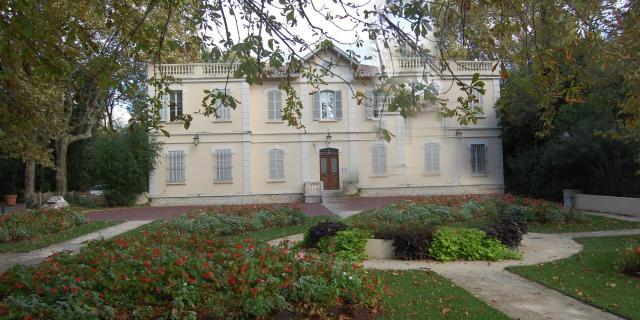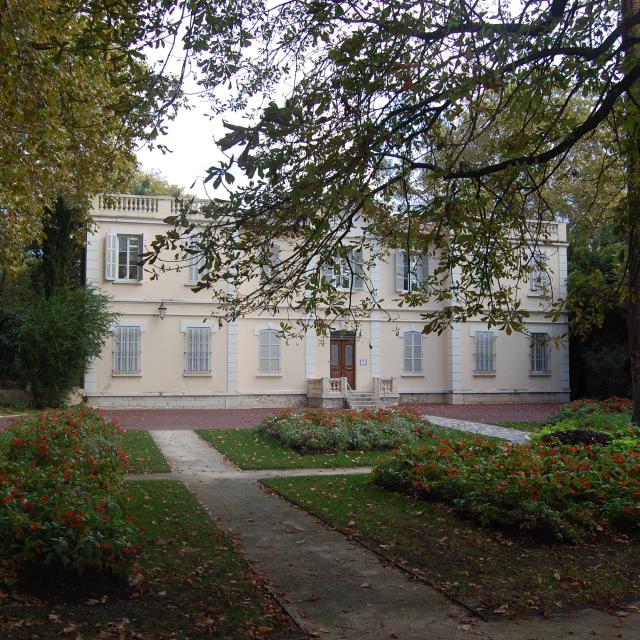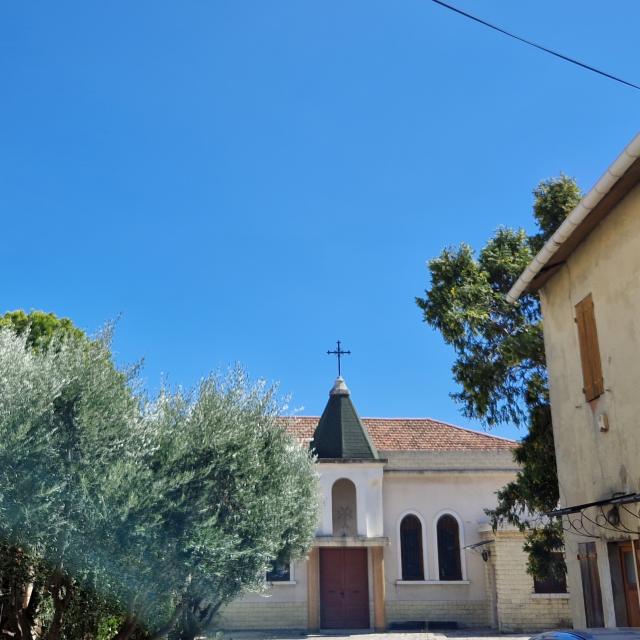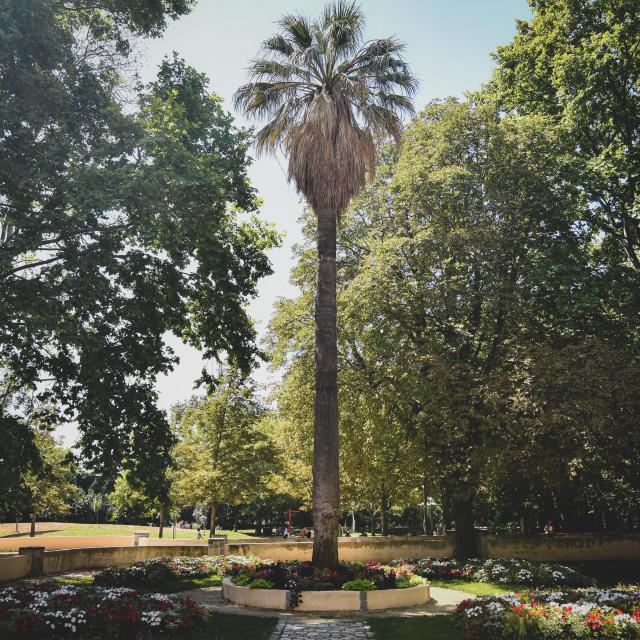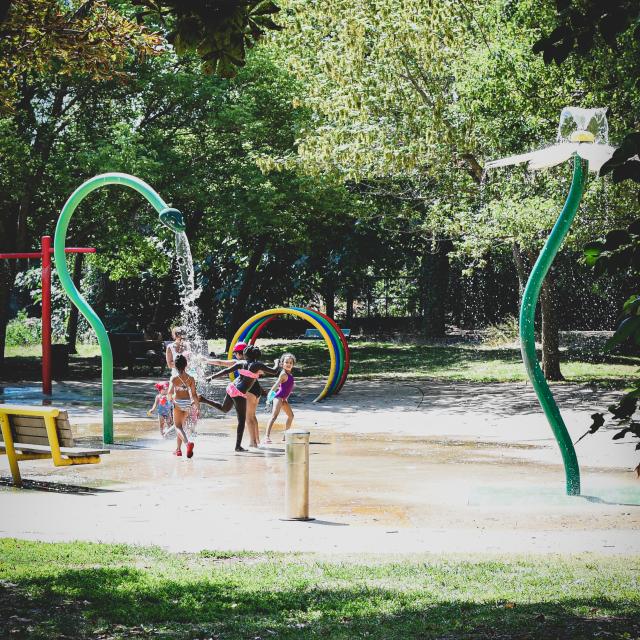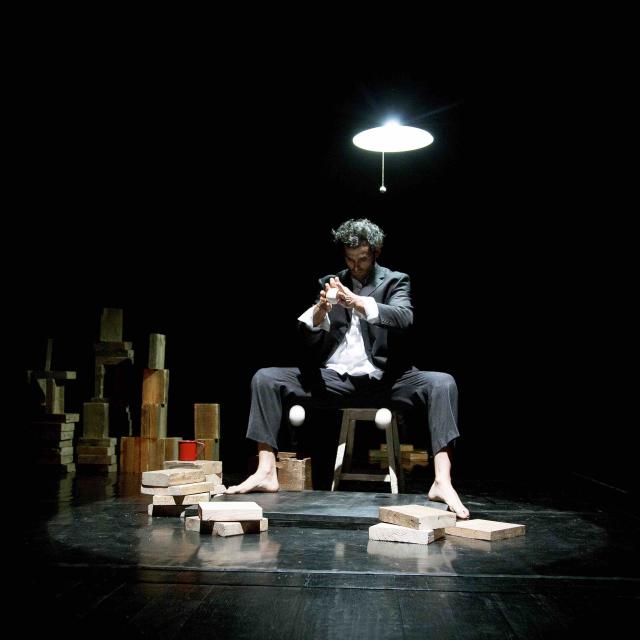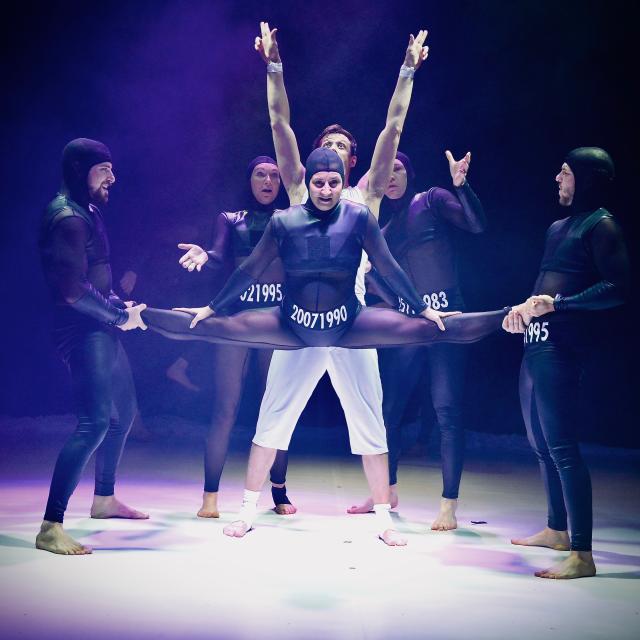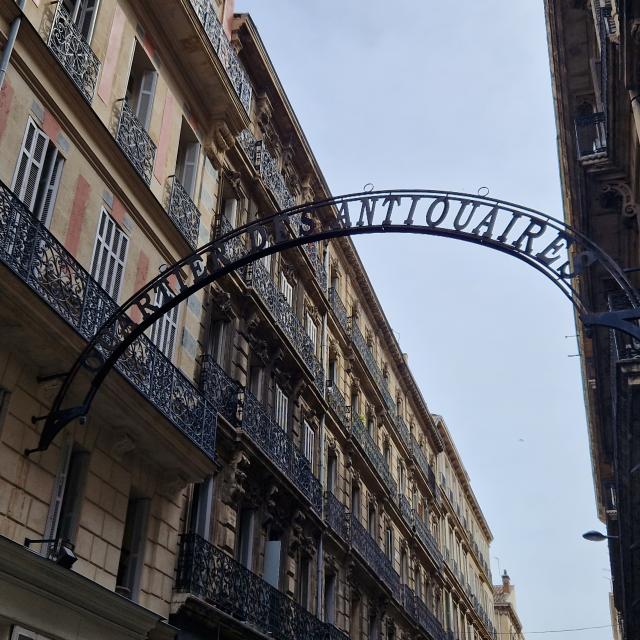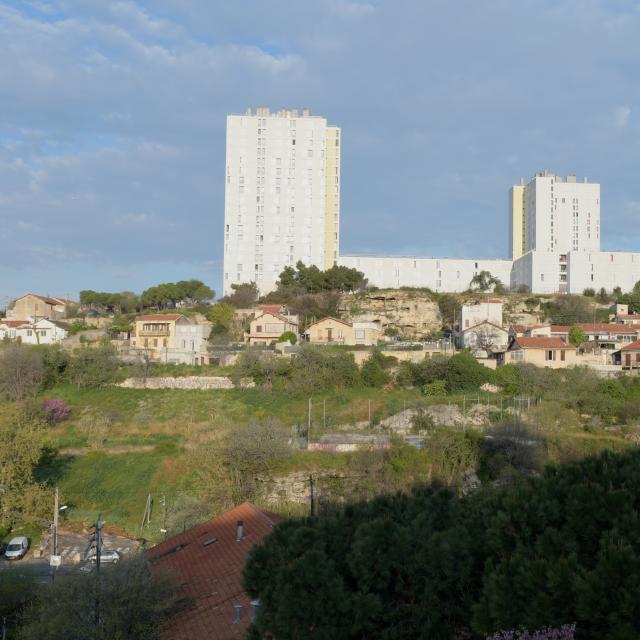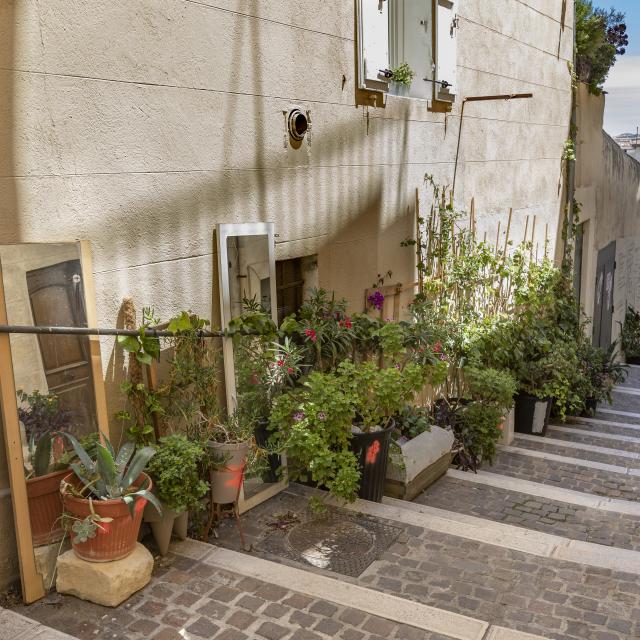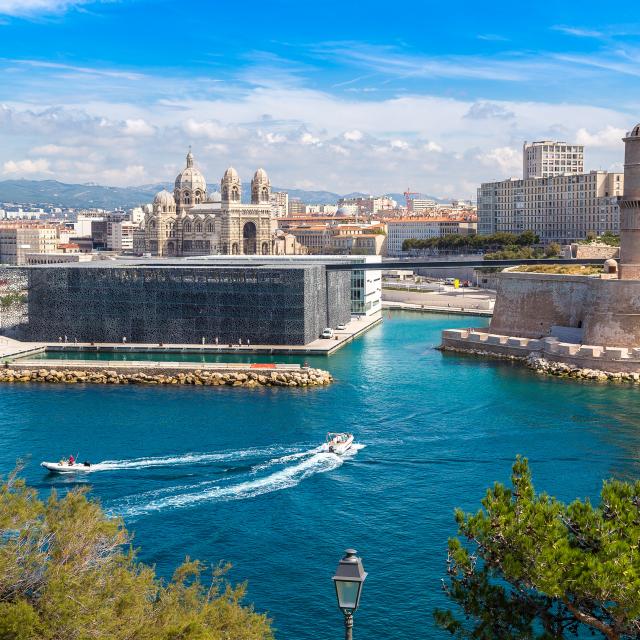A district in full revival in Marseille’s 15th arrondissement
In the heart of Marseille’s 15th arrondissement lies the Cabucelle district, which takes its name from a Provençal expression: ‘Faire cabusello’. An old Marseillaise expression, it means “to fall, to sink”. Other hypotheses also exist about the name of this district. Some think it comes from the cabucelle, a household utensil in Provence, while others believe it is a variation of the word ‘cabussado’ meaning ‘wild artichoke’.
With its inner harbour urban planning, this suburb is the subject of an urban renewal programme designed to tackle the old housing stock without impacting on the cohabitation of residential and productive functions. Running south-north, the main thoroughfares in Marseille’s Cabucelle district are Avenue Ibrahim Ali, Chemin de la Madrague-Ville and Rue de Lyon. La Cabucelle borders the districts of La Calade, Saint-Louis, La Delorme, Les Arnavaux, Les Crottes and Arenc. From 1929 onwards, the singer Yves Montand spent all his youth in La Cabucelle, specifically in the impasse des Mûriers.
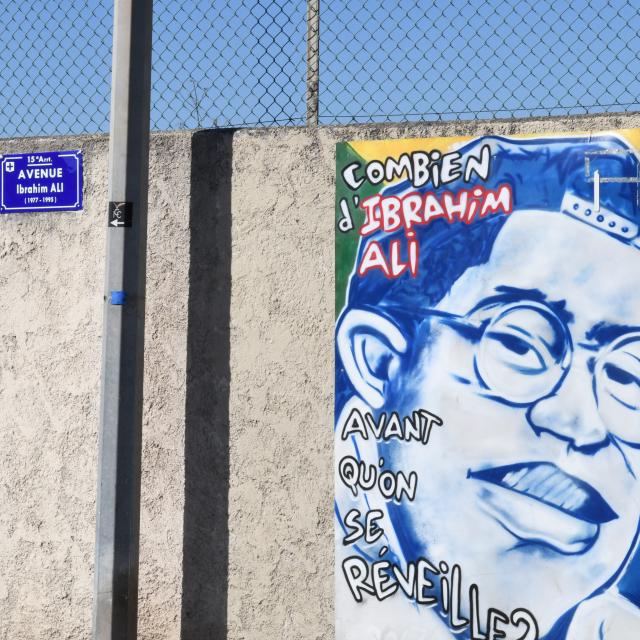 Avenue Ibrahim Ali Les Aygalades Mairie Du 15 16
Avenue Ibrahim Ali Les Aygalades Mairie Du 15 16